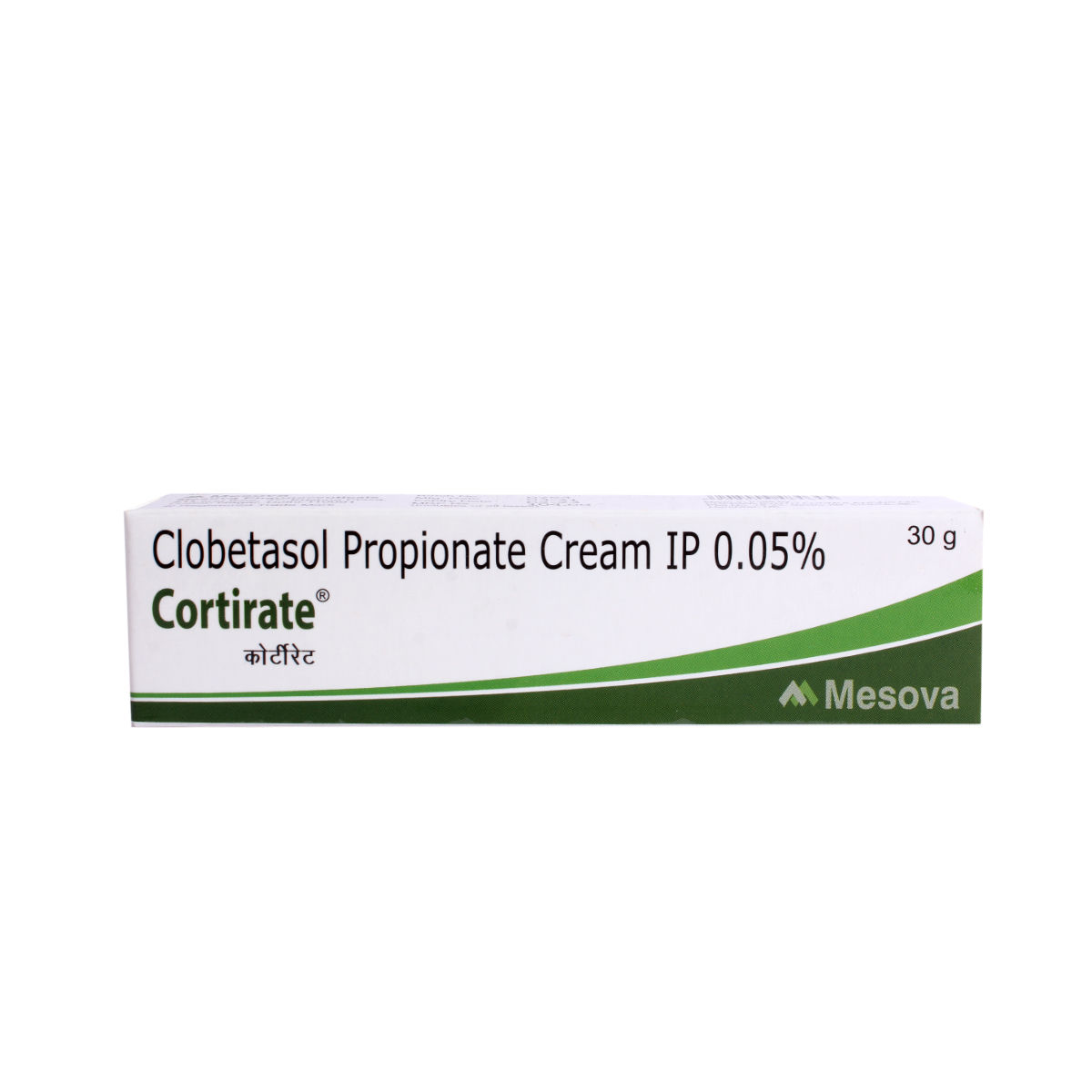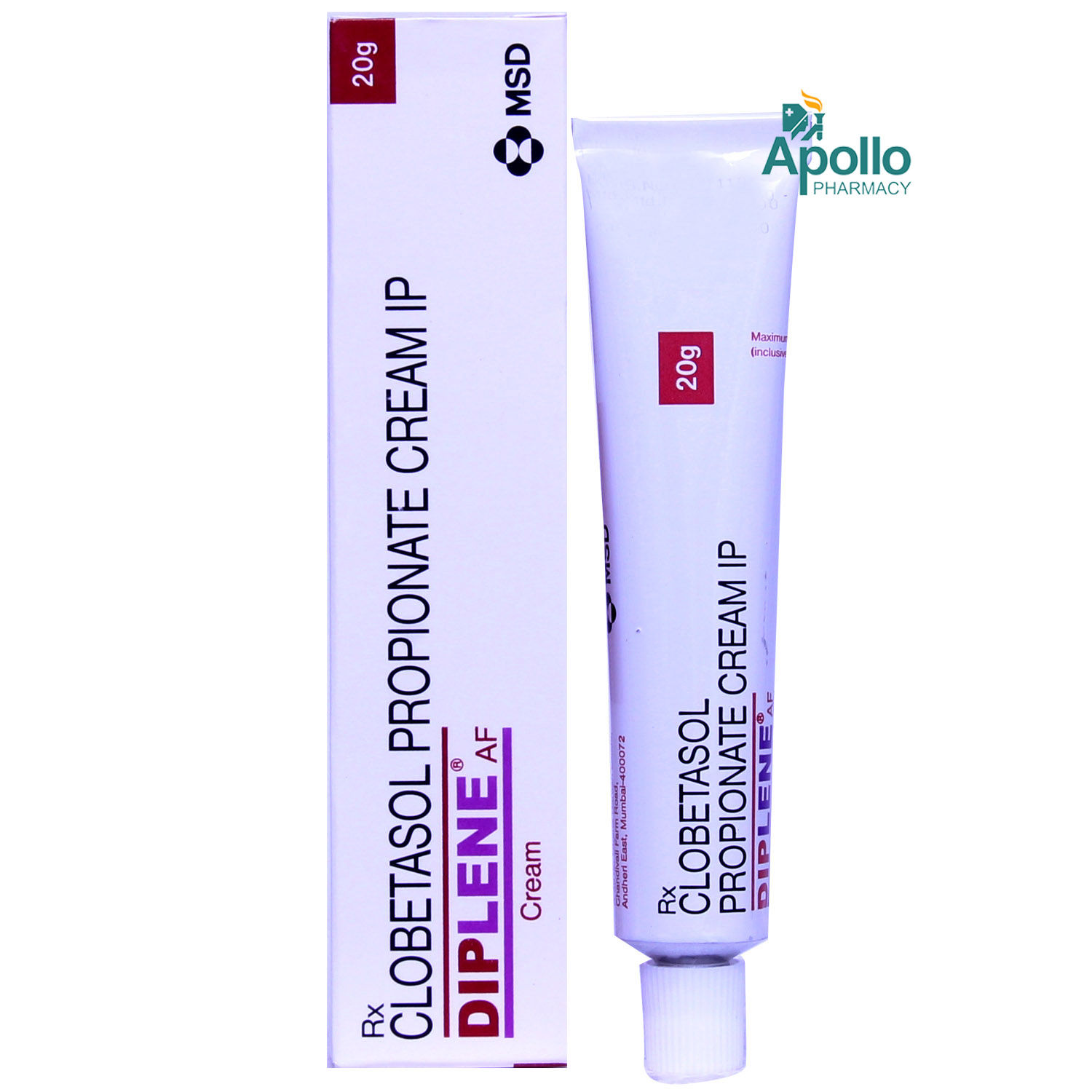Clobagic Cream 20 gm
₹85.5*
MRP ₹95
10% off
₹80.75*
MRP ₹95
15% CB
₹14.25 cashback(15%)
Free Delivery
With Circle membership
(Inclusive of all Taxes)
This offer price is valid on orders above ₹800. Apply coupon PHARMA10/PHARMA18 (excluding restricted items)
Know Your Delivery Time
Provide Delivery Location

Available Offers
 Prescription drug
Prescription drugWhats That

Secure Payment

India's Most Trusted Pharmacy

Genuine Products
Composition :
Manufacturer/Marketer :
Consume Type :
Return Policy :
Expires on or after :
About Clobagic Cream
Clobagic Cream belongs to a class of topical corticosteroid medications. It is used for the treatment of autoimmune skin disorders such as psoriasis (scaly, itchy, and red patches on the skin), lichen planus (purplish, itchy, and flat bumps on the wrists, forearms, or legs), discoid lupus erythematosus (red, coin-shaped scales or crusts on the scalp, cheeks, and ears), and eczema (red and itchy skin). Autoimmune skin disorders are conditions in which immune cells attack the body's healthy cells, causing inflammation. Clobagic Cream can suppress the immune system and reduce inflammation.
Clobagic Cream comprises Clobetasol Propionate, an active corticosteroid with anti-inflammatory properties on the skin. It reduces swelling, redness, and itching by inhibiting the production of certain chemical messengers in the body that cause inflammation. Thus, Clobagic Cream aids in treating skin conditions such as psoriasis, eczema, lichen planus, and discoid lupus erythematosus.
Clobagic Cream is available on prescription only. Always use the right amount of cream/lotion as advised by the doctor or pharmacist. It would be best to use this medicine regularly to get the maximum benefit. When Clobagic Cream is applied to the skin, some persons experience a burning or stinging sensation for a few minutes. After a few days of use, this will no longer occur. While applying, make sure it does not come in contact with the eye. If Clobagic Cream accidentally comes in contact with eyes, rinse with warm water thoroughly.
Clobagic Cream may not be suitable for some people. Inform a healthcare professional before using this medicine if you have ever had an allergic reaction to Clobetasol Propionate, any of the ingredients, or any other medicine. Do not use Clobagic Cream to treat acne, rosacea (facial flushing on and around the nose), perioral dermatitis (red or scaly rashes around the mouth), anogenital pruritis (itching around the anus or genitals), itchy, broken, or infected skin which is not inflamed, and widespread plaque psoriasis (except single lesions). Do not use this medication without consulting the doctor if you are trying to get pregnant, are already pregnant, or are breastfeeding. The appropriate dose for children is determined by their age. You can seek advice from a doctor or pharmacist.
Uses of Clobagic Cream
Directions for Use
Medicinal Benefits
Clobagic Cream contains Clobetasol Propionate, an active corticosteroid with anti-inflammatory properties on the skin. It reduces swelling, redness, and itching by inhibiting the production of certain chemical messengers in the body that cause inflammation. Thus, Clobagic Cream aids in the treatment of skin conditions such as psoriasis, eczema, lichen planus, and discoid lupus erythematosus.
How Clobagic Cream Works
Storage
Side Effects of Clobagic Cream
- Burning or stinging sensation
- Pain (application site)
- Irritation or itching
- Skin thinning may cause stretch marks
- Blood vessels under the surface of your skin may become more noticeable.
What if I have taken an overdose of Clobagic Cream
Drug Warnings
Clobagic Cream may not be suitable for all people. Inform a healthcare professional before using this medicine if you have ever had an allergic reaction to Clobetasol Propionate, any components present in Clobagic Cream, or any other medicine. If there is an overdose, clean the area thoroughly and re-apply the medicine. Apply the medication carefully if you use it on the eyelids or near the eyes, as there is a risk of cataracts or glaucoma if the drug enters the eye frequently. Do not use Clobagic Cream simultaneously as other creams or ointments such as a moisturiser. Wait at least 30 minutes between using Clobagic Cream and any other product. Clobagic Cream is not suitable to use to treat acne, rosacea (facial flushing on and around the nose), perioral dermatitis (red or scaly rashes around the mouth), anogenital pruritis (itching around the anus or genitals), itchy, broken, or infected skin which is not inflamed, and widespread plaque psoriasis (except single lesions). Do not use this medication without consulting the doctor if you are trying to get pregnant, are already pregnant, or are breastfeeding. The appropriate dose for children is determined by their age. You can seek advice from a doctor or pharmacist.
Drug-Drug Interactions
Drug-Drug Interactions
Login/Sign Up
Drug-Food Interactions
Drug-Food Interactions
Login/Sign Up
Diet & Lifestyle Advise
- Eat foods rich in quercetin (a flavonoid), such as apples, cherries, broccoli, spinach and blueberries.
- Consuming food rich in probiotics helps in developing the immune system against allergies.
- Limit intake of food that might trigger allergies, such as dairy products, soy, eggs, and nuts.
- Avoid the consumption of foods with excess sugar, as it may flare up inflammation.
- Include fruits, vegetables, whole grains, healthy fats and fish in your diet.
- Avoid getting in contact with harsh soaps, detergents and rough fabrics.
Habit Forming
Therapeutic Class
Clobagic Cream Substitute

Cortirate Cream 30gm
by AYUR
₹3.96per tabletClobivax Ointment 25 gm
₹4.12per tabletTerabet Cream 20 gm
₹2.79per tabletDiplene AF Cream 20 gm
₹5.00per tabletResdermovate 0.05%W/W Ointment 30gm
by AYUR
₹4.50per tablet
Product Substitutes
Alcohol
Safe if prescribed
Clobagic Cream may not affect by alcohol consumption.
Pregnancy
Caution
Clobagic Cream should be used in pregnant women only if clinically needed, and the benefits outweigh the risks. If you are pregnant, please consult your doctor before using Clobagic Cream.
Breast Feeding
Caution
Clobagic Cream should be used in breastfeeding mothers only if the benefits outweigh the risks. If you are breastfeeding, consult your doctor before using Clobagic Cream. Take care that the medicine should not come in contact with your infant.
Driving
Safe if prescribed
Clobagic Cream does not impact your ability to drive or operate machinery or tools.
Liver
Safe if prescribed
No relevant interactions were found or established. Clobagic Cream can be used in people with liver disease if prescribed by a healthcare professional.
Kidney
Safe if prescribed
No relevant interactions were found or established. Clobagic Cream can be used in people with kidney disease if prescribed by a healthcare professional.
Children
Caution
Clobagic Cream use in children is restricted and should be done only with the approval of a child specialist.
FAQs
Country of origin
Manufacturer/Marketer address
Disclaimer
Author Details
We provide you with authentic, trustworthy and relevant information














